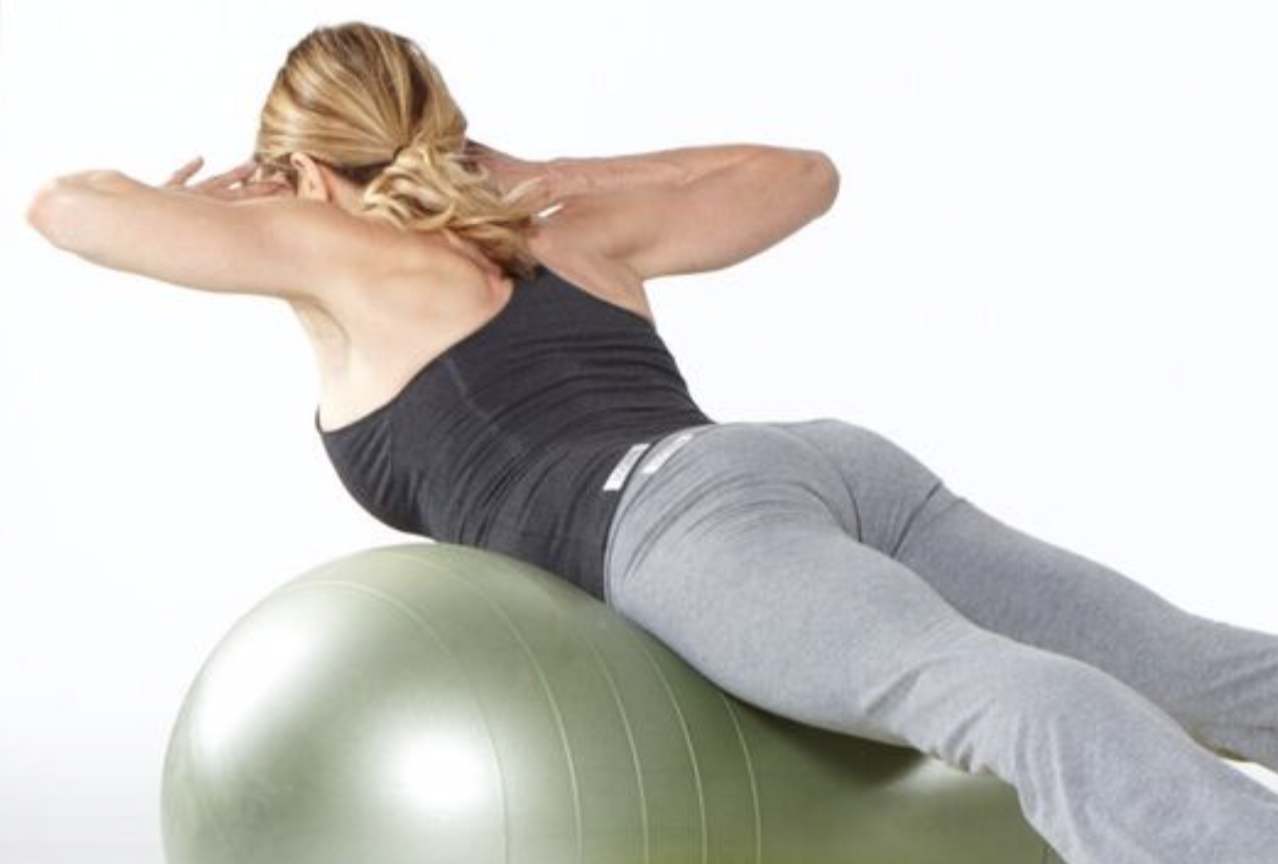Can Exercise Help Protect Your Brain As You Age?

Art Kramer, a professor of psychology and neuroscience at the University of Illinois said, “If you do only one thing to keep your brain young, exercise.”
It is important to remember that the older we get, the more important it becomes to take care of our bodies and our brains. They are more closely linked than we think.
As we gain life experience, wisdom, and the knowledge that comes as reward of sorts for getting older, we begin to slow down physically, and begin to forget things that once came easily or lose control of motor functions. The brain typically shrinks in late adulthood, which is the frightening reason behind age-related decline.
So, How Exactly Does Exercise Help your Brain?
As it turns out, staying sharp as you age might have more to do with working out than playing word games, or solving that thousand-piece jigsaw puzzle (although those activities help keep your brain, too!)
In recent years, studies have shown that older adults who engage in regular physical activity maintain larger brains as they age. The physical activity also appears to protect against the formation of white matter lesions, which have been shown to cause memory decline in the elderly population.
Contrary to popular belief, non-physical leisure activities did not appear to protect the brain from shrinking.
 Doctors recommend light aerobic activity about three times a week for 30-45 minutes at a time. Walking briskly, taking the stairs instead of the escalator, or even doing some vigorous housework are all good places to start. Try swimming or a low-impact yoga class if you have stiff or achy joints.
Doctors recommend light aerobic activity about three times a week for 30-45 minutes at a time. Walking briskly, taking the stairs instead of the escalator, or even doing some vigorous housework are all good places to start. Try swimming or a low-impact yoga class if you have stiff or achy joints.
Exercise can also play a key role in reducing the risk of age-related physical ailments, such as cancer, diabetes, hypertension, or heart disease, not to mention help with balance problems or arthritis.
Remember that maintaining healthy habits, such as quitting smoking, and getting other risk factors under control, such as high cholesterol or blood pressure, is imperative to maintaining a certain level of physical fitness.
As you may have guessed, sleep also plays a significant role in brain health. Make sure you’re getting enough quality sleep, and seek help from a physician for sleep disorders if you think you may have one.
This should also go without saying, but be sure to schedule regular check-ups with your primary care physician. Go over any medications you are taking, as some may interfere with brain health.
Again, finding the time to fit physical activity in your day-to-day life is vital for brain health, as well as overall quality of life as we age. We would all like to chase after little ones or take those vacations we’ve always dreamed about. It is time to get moving, and live life to its fullest potential. Here’s to your health!








